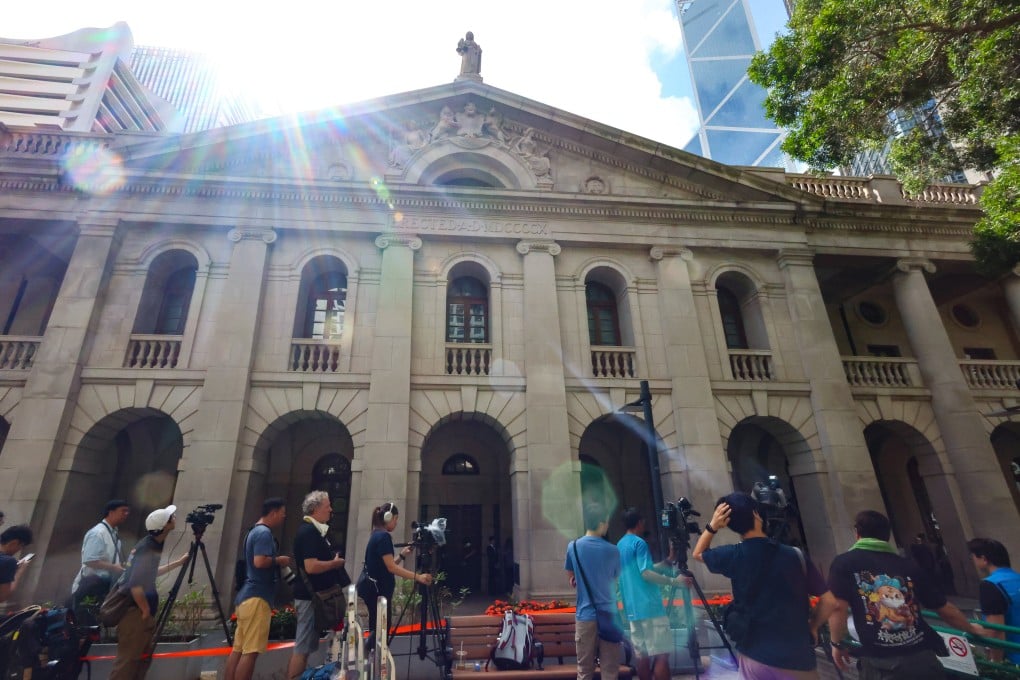Editorial | Court ruling brings clarity and upholds Hong Kong’s legal system
- Court of Final Appeal says legal arguments based on UK rulings are in breach of established legal principles

A key feature of Hong Kong’s legal system is the ability of courts to consider and, where appropriate, adopt the reasoning of judgments made in other parts of the world. This is expressly provided for by the Basic Law, which says the city’s courts may refer to precedents of other common law jurisdictions.
The long-established practice has, therefore, continued after Hong Kong’s return to Chinese rule in 1997. But decisions from overseas courts and the reasoning of foreign judges will not necessarily be considered applicable.
The top court has rejected a bid by former media tycoon Jimmy Lai Chee-ying and six former opposition lawmakers to quash their convictions for taking part in an unauthorised assembly during civil unrest in August 2019. Their appeal was based on rulings made by the United Kingdom’s Supreme Court.
Relying on the UK cases, the appellants argued their convictions were a disproportionate restriction on the right to free assembly because the march turned out to be peaceful and orderly, even though it had been banned by police.
The prohibited procession was preceded by an authorised mass rally in Victoria Park in a brief return to generally peaceful protest amid months of violent demonstrations.


